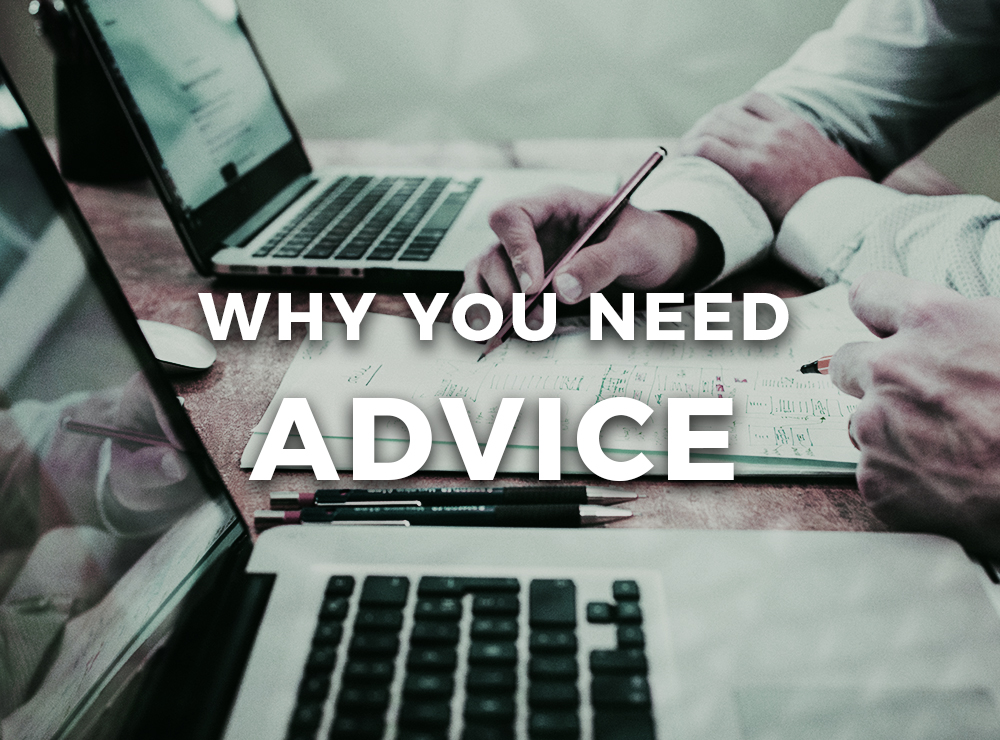
Welcome to the latest in our series on the reasons why people should consider paying for professional financial advice.
In Maslow’s hierarchy of human needs, the top of the pyramid encompasses elements such as a sense of accomplishment and reaching one’s full potential. But if your needs at the base of the pyramid aren’t met, you can forget about those at the top.
Just above the very basic necessities of food, water, clothing and shelter rests a building block of human sanity. This is a feeling of security, a sense that everything will be OK. For many of us, it is the single biggest reason for seeking out financial advice.
Reason #7: A sense of security
In the middle of a global pandemic, having an attentive, understanding GP is a godsend. As well as filling your usual prescriptions, a good doctor can provide a framework to help keep you and your family safe.
There is standard information on mask-wearing, vaccinations and how to build up your immune system. But there is also a recognition of you as an individual, your own sensitivities, existing ailments, anxieties and family circumstances.
What a good GP gives you is a sense of security amid unresolvable uncertainty. Of course, she has all the technical qualifications. But what really makes her an effective doctor is her ability to get to the emotion behind the physical complaint.
The feeling behind the issue
An effective financial adviser works the same way. You go along with what you think is a simple practical financial issue to resolve — a tax notice, a debt overhang, an inheritance, a looming retirement, a family split.
But often behind each of those superficial issues is a tight knot of insecurity and trepidation. Each question you want to ask often masks a bigger underlying question that will not go away: “Am I going to be OK?”
This idea of a strong emotional connection to money issues should not be dismissed as mere pop psychology. On the contrary, there is a growing body of serious evidence that a sense of security is the cornerstone of “financial wellness”.
In the US, the Consumer Financial Protection Bureau, after interviewing thousands of people, came up with a definition of financial well-being as a sense of having control over one’s finances, the capacity to absorb a financial shock, a sense of being on track to meet one’s financial goals and the freedom to make choices.
“The specific individual goals and vision of a satisfying life differed greatly among respondents, yet there were two common themes that arose consistently — security and freedom of choice, in the present and in the future,” the bureau says.
It stands then that a key benefit of seeking out a financial adviser is to have someone on hand who can ask probing questions to better understand what you care most about, what keeps you up at night and how you would like to live your life.
Listening before talking
A good financial adviser, like your trusted GP, will listen more than they talk. They will not jump in with a prescription prematurely, but attempt to understand the emotional issue that underpins the material one.
Only once they have sought to understand your hopes and anxieties can they proceed to deal with the practical problems. And that involves providing you with some controllable actions amid the flux and uncertainty of life.
Dimensional Fund Advisors, a global asset manager, last year showcased how advisers it works with were finding that during the pandemic the most important service they were providing was a safe place for clients to express their worst fears.
“Right now, applying expertise in human behaviour is more important than discussing numbers and statistics,” one adviser said. “Clients want to know that I understand and feel their fear and concerns. I don’t try to reason with them. I focus on calming them.”
In other words, you need your concerns acknowledged as real before the adviser can deal with the financial issue that you are seeking to resolve. Money and emotional security are inseparable, never more so than at a time like this.
To be sure, financial advisers are not psychologists. But they can help you separate out the practical financial issues and deal with them more readily by first acknowledging the uncertainty you are feeling.
With the right financial plan — one that takes account of uncertain outcomes and focuses on controllable factors — you can feel more resilient, more rested and more ready to address the other issues in your life.
That’s a very valuable service.
PREVIOUSLY IN THIS SERIES
The Great Wealth Transfer: Are you ready for it?
COPYRIGHT
Regis Media owns the copyright to all of TEBI’s content, and republishing any of it without permission is strictly prohibited. We will take appropriate action in the event of any infringements.
Financial advisers may wish to note that we allow selected firms to use our investor education content under licence, and that we also produce original and customised articles and videos. Visit our website for further information.









